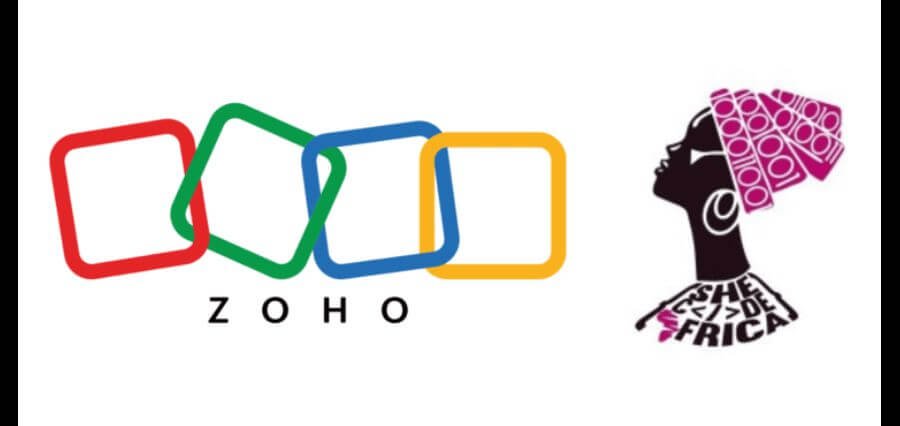Three Vietnamese women sit in the corner near one of the numerous potted plants, immersed in conversation over bowls of boiling noodles and dumplings. Despite the traffic and noise outside, this modest and quiet vegetarian eatery in Hanoi’s Old Quarter is peaceful. As the restaurant fills up with lunchtime patrons, the sounds of discussion and laughter become more apparent.
The handmade menu narrates the owner’s story. She started the restaurant during the COVID-19 pandemic with the goal of providing nutritious, wholesome food derived from local suppliers.
As the manager of a small business, the owner has numerous hurdles and severe competition, but the restaurant is clearly growing, and I’m curious what the secret is for her success. What brings all of these people, including me, a foreigner in Vietnam, back to this restaurant over more known big chain names? Is it only the papaya salad — which is the finest I’ve ever had — or is there anything else unique to a tiny business?
Building stronger communities
Small companies are the heart and soul of their communities. Your neighborhood barbershop and corner store provide more than just transactional interactions for vital goods and services. They are locations where people listen to your everyday difficulties and create a sense of community. One in every three micro, small, and medium-sized enterprises (MSMEs) is run by a woman.
Despite the fact that women-led businesses are crucial for reinvesting in household incomes and national economies, they only have 75% of the legal rights that men have in terms of career, finances, and work-life balance.
Research shows that women-led enterprises not only alleviate poverty, but also create jobs, promote innovation, and contribute to safer, greener, and more dynamic communities, assuring communal success. These women-led businesses are regenerative forces, fostering business communities and employing local workers. Local economies just cannot thrive without them.
Realising Aspirations of Inclusive Growth into Reality
“Women on their own encounter numerous challenges. However, if we create a community of individuals who inspire and support us, we can do a lot… Violeta Pacheco Mejía, an entrepreneur in Lima, Peru, believes that working together allows for accomplishments that would be impossible to achieve alone.
Tejidos Peruanos, an eco-friendly alpaca and cotton apparel company, is located in Villa El Salvador, a historically impoverished neighborhood in Lima. Her company has a reputation for being a place where women help women achieve and where community makes the impossible happen. Violeta established her company in Villa El Salvador to make it more accessible to skilled workers in the neighborhood.
Tejidos Peruanos not only has a predominantly female workforce, but it also provides safe on-site daycare for employees, giving parents flexibility and peace of mind. Tejidos Peruanos and Violeta are good examples of how female entrepreneurs reinvest in their communities, recruit more women, and provide hope to other underprivileged groups.





